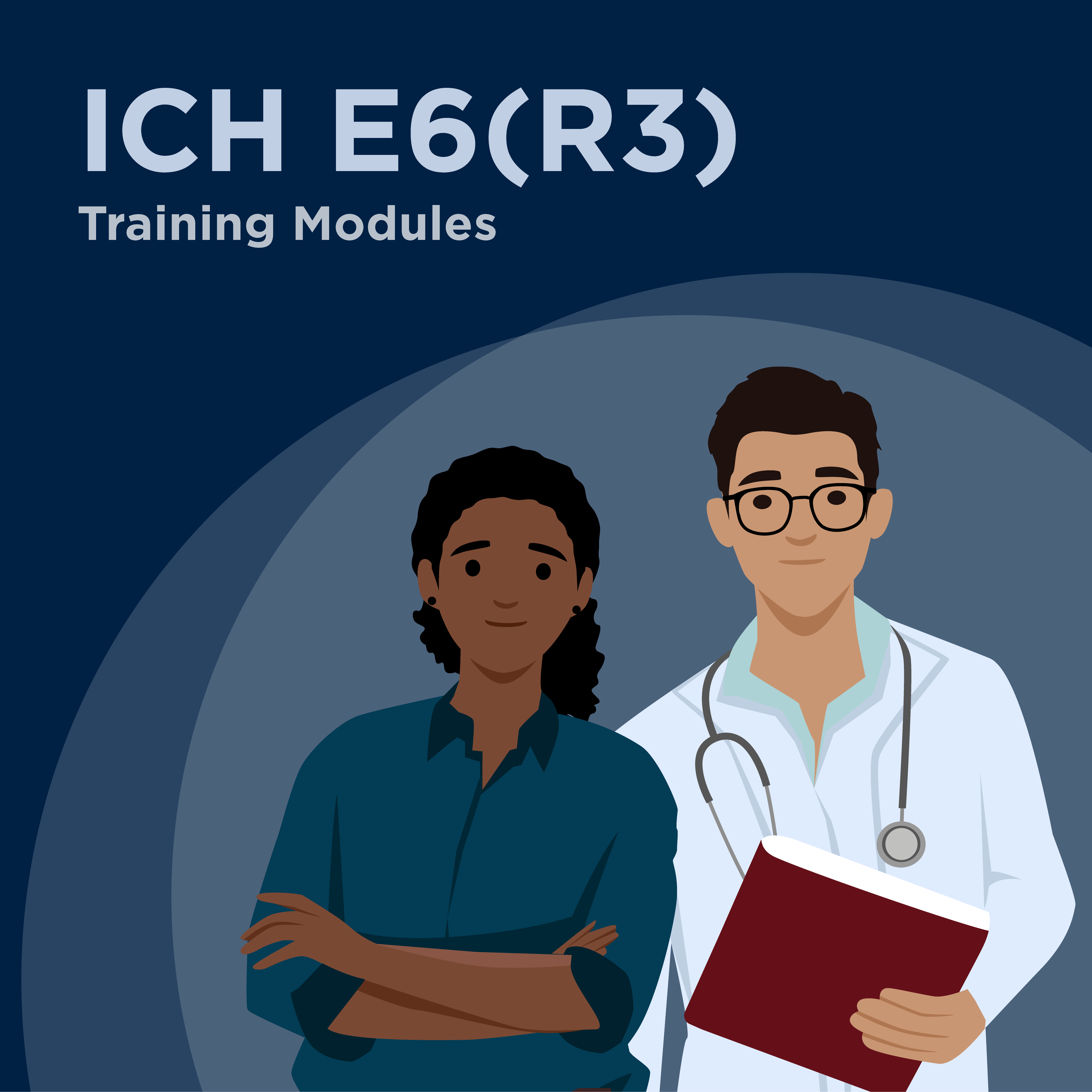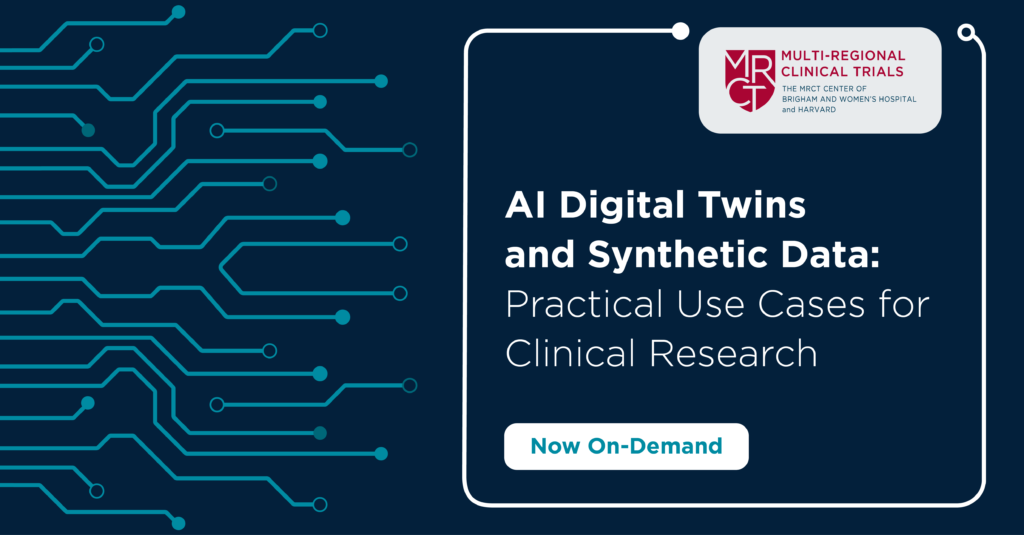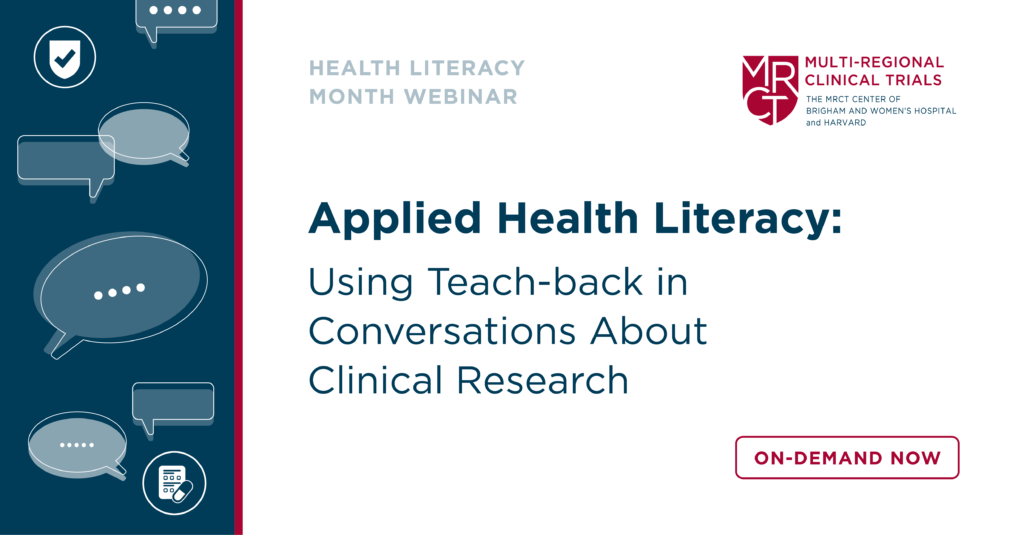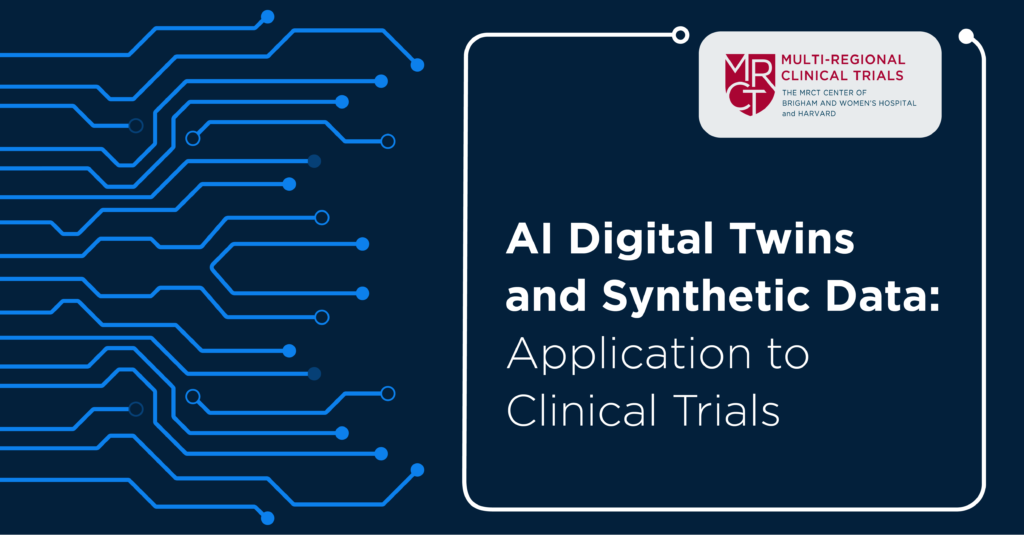Training Material
Released in: Module 1: October 2025; Module 4: January 2025.
Designed and developed by: The MRCT Center, an International Council for Harmonisation of Technical Requirements for Pharmaceuticals for Human Use (ICH) training partner
Good Clinical Practice (GCP) is an international, ethical, scientific, and quality standard for the conduct of trials that involve human participants. The MRCT Center developed and designed this course in collaboration with the ICH E6(R3) Expert Working Group (EWG). This course consists of 5 modules introducing and explaining the key concepts of the E6(R3) guideline. This training is intended for anyone involved in the conduct of an interventional clinical trial. The course links will take the learner to the ICH Training Library website. Courses are free for all registrants.
Currently available is:
Module 1: Introduction and Foundational Concepts, published in October 2025
- Module 1.1 Overview; Transcript
- Module 1.2 Principles of ICH GCP; Transcript
- Module 1.3 Foundational Concepts; Transcript
Over the next few months, the following modules will be released as they become available:
Module 2: Responsibilities and Oversight
Module 3: Data Governance
Module 4: Informed Consent, published in January 2026
Module 5: Essential Records









